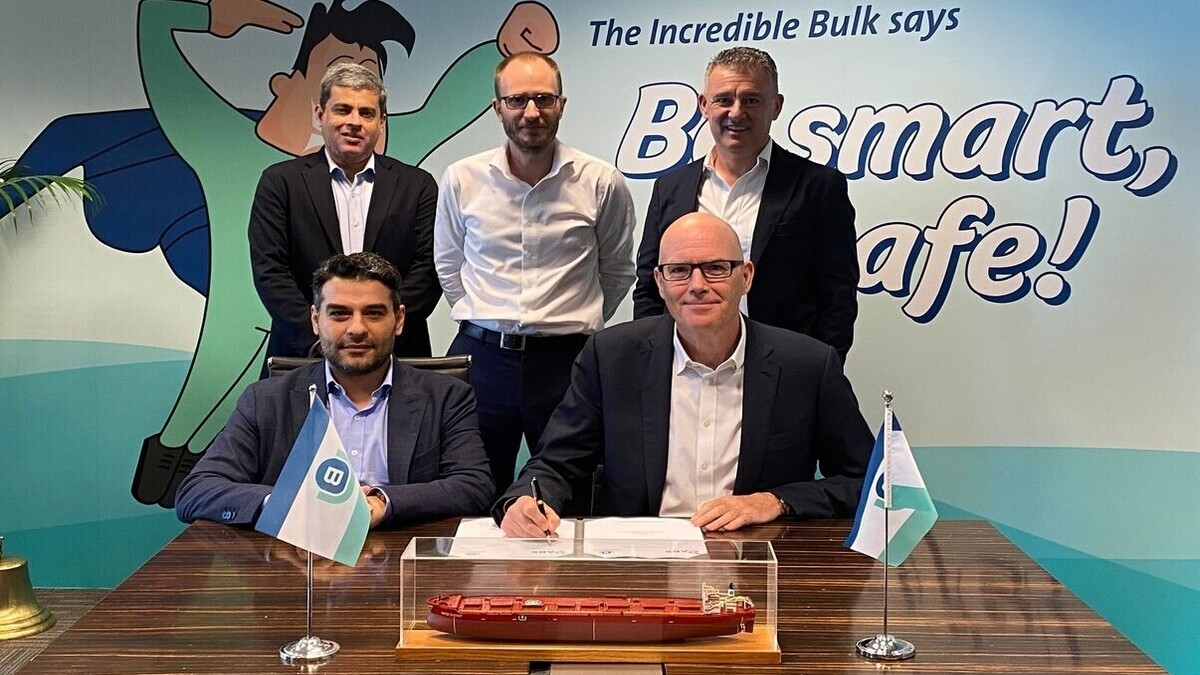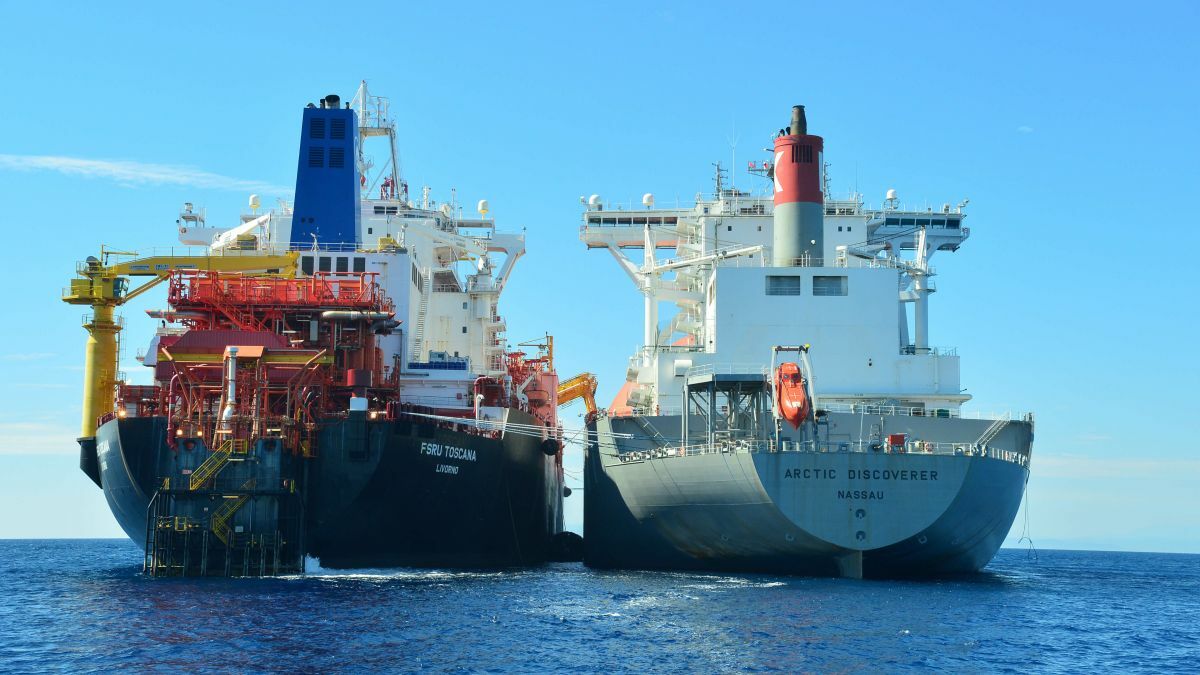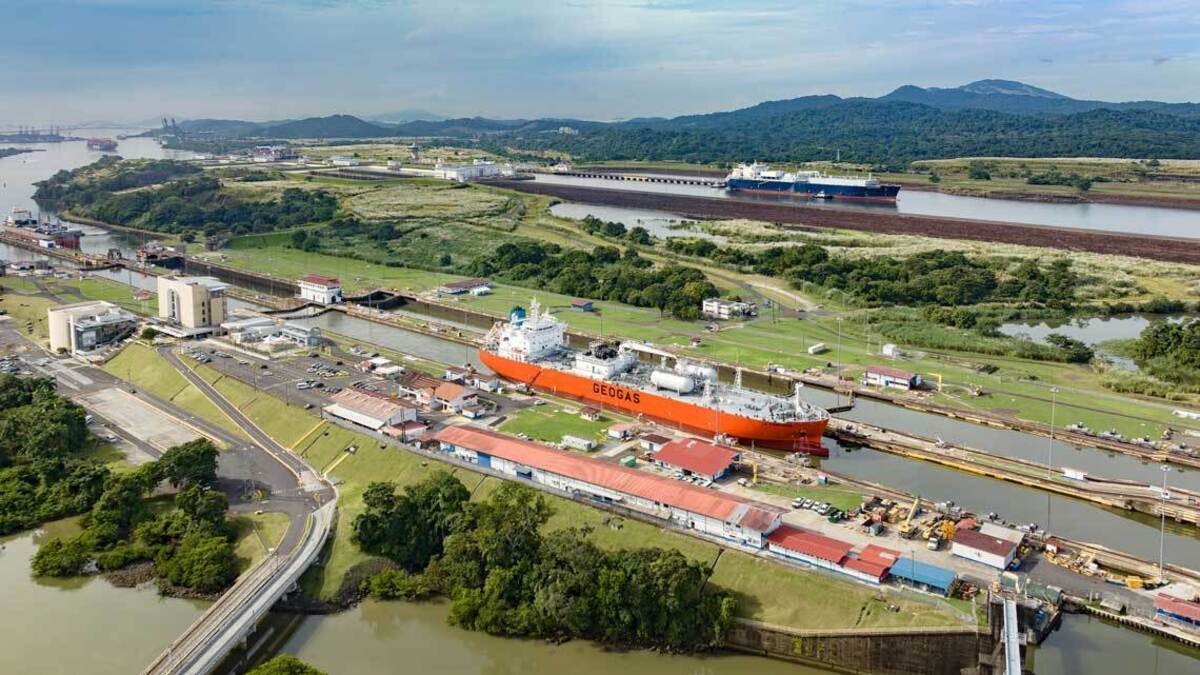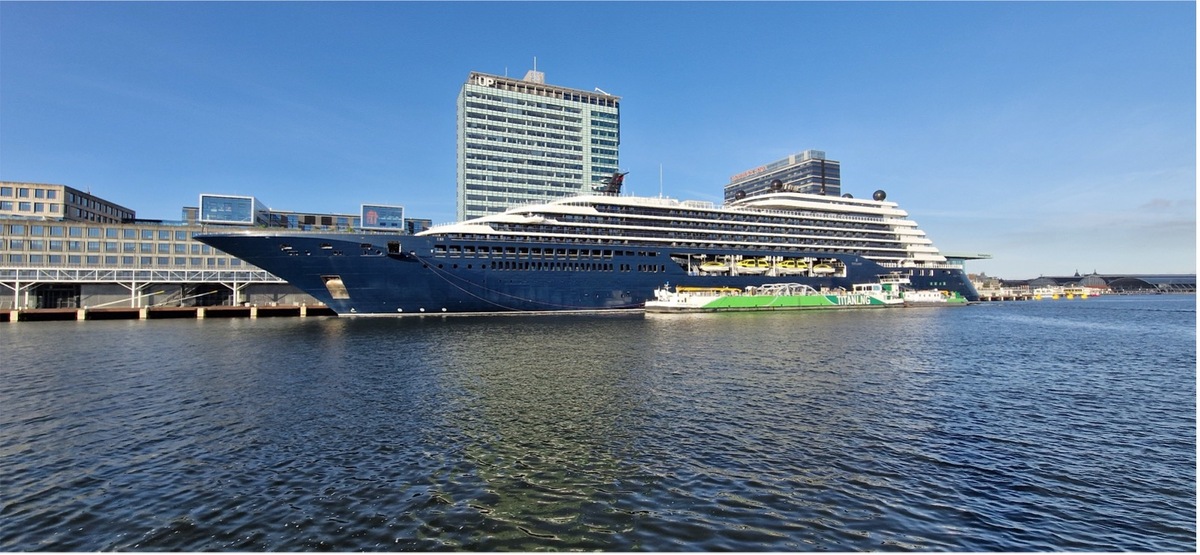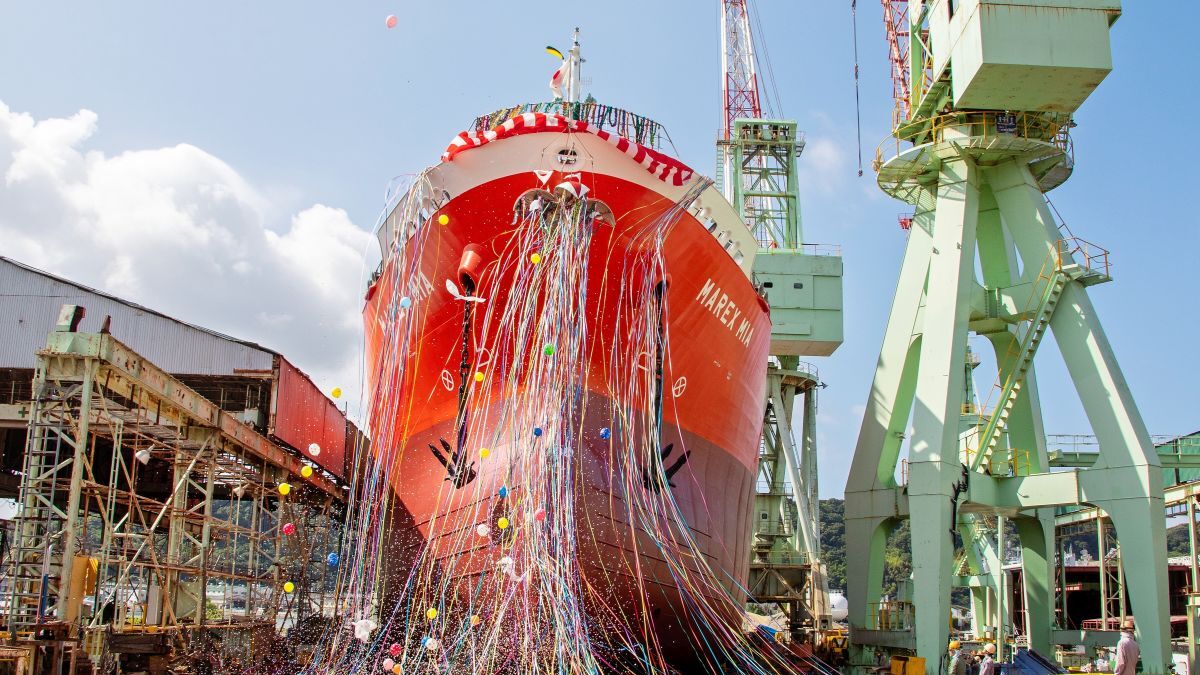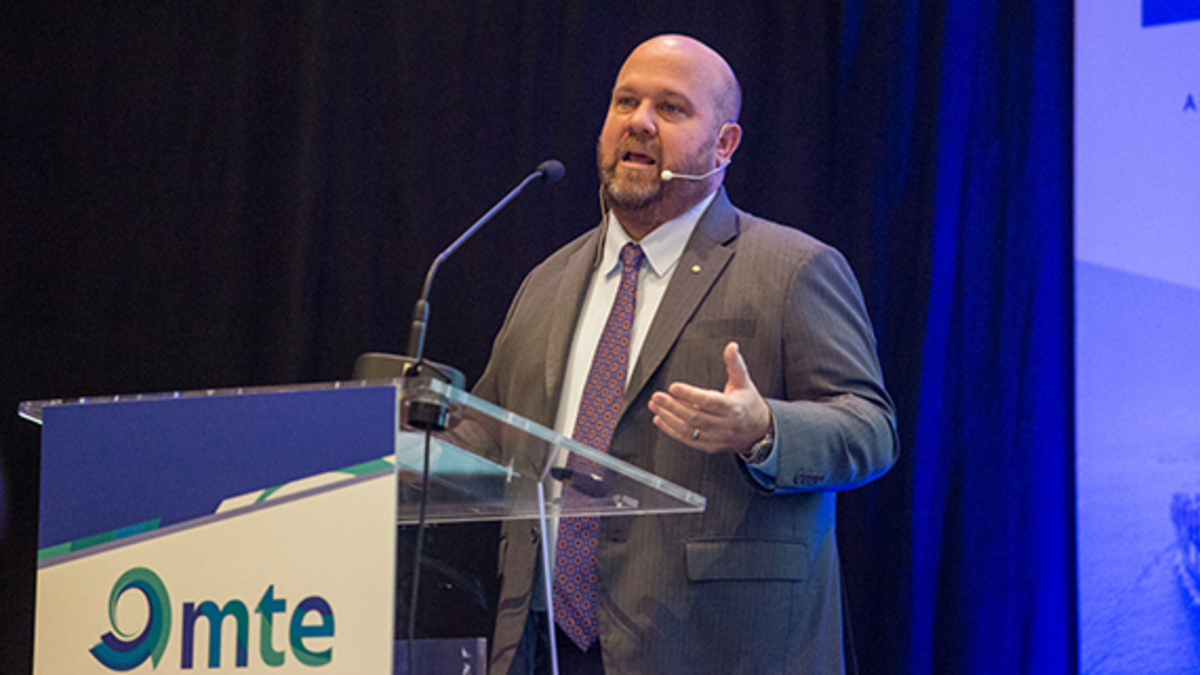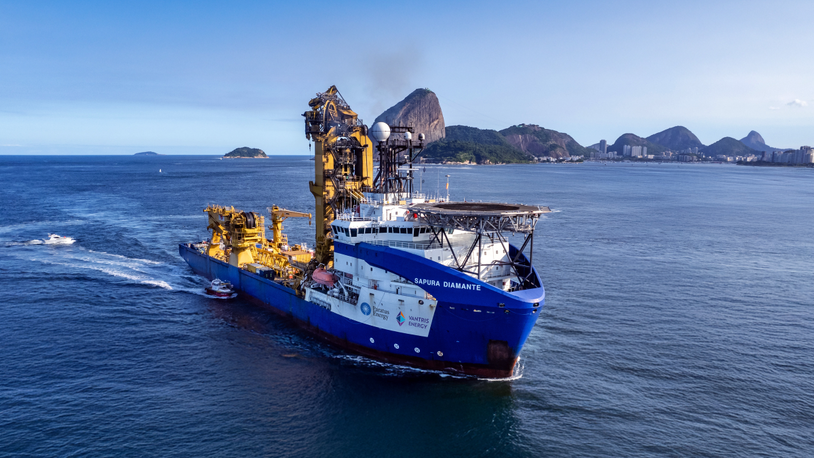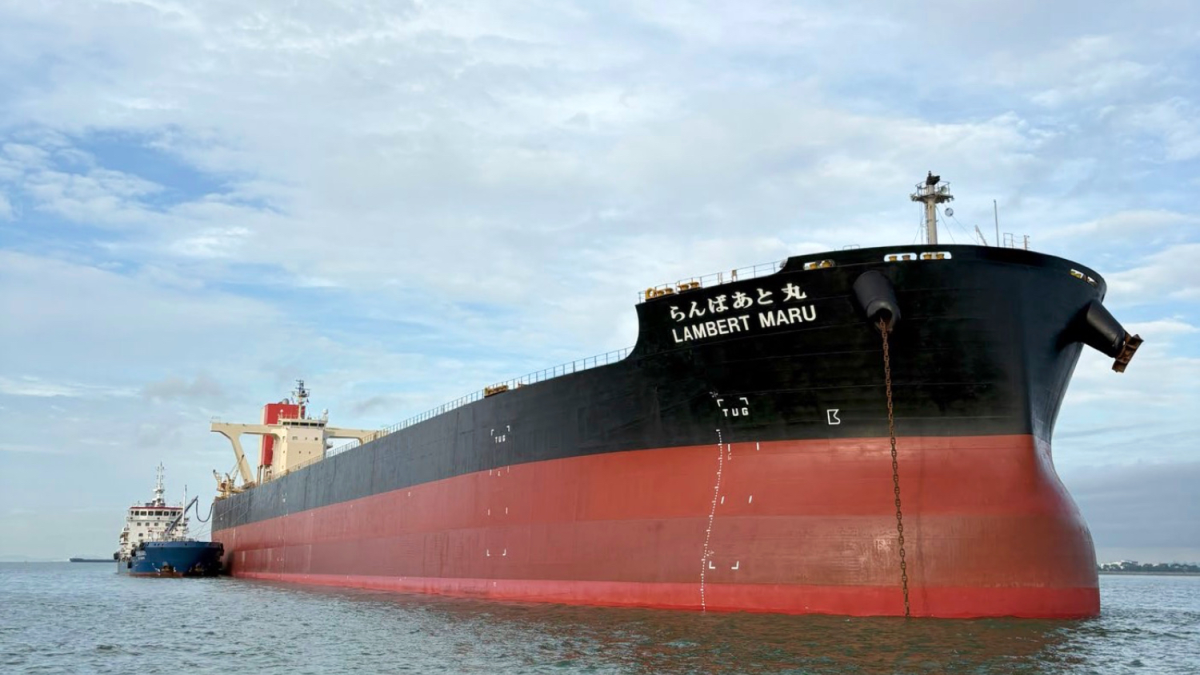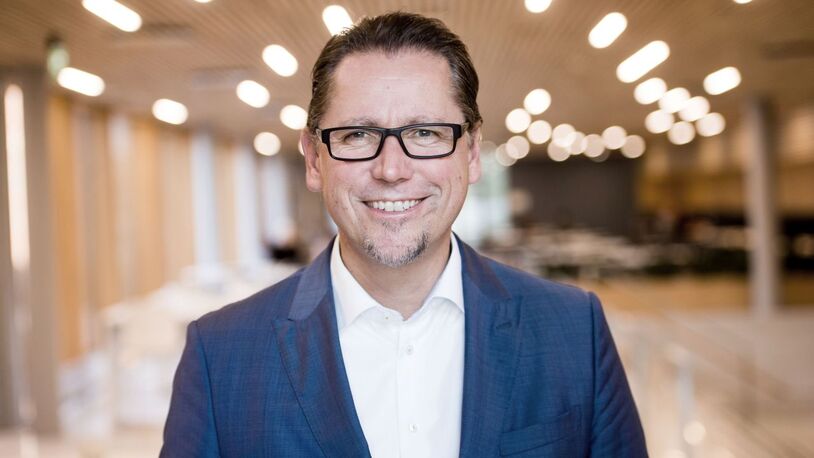Business Sectors
Contents
Register to read more articles.
Berge Bulk, ABS explore retrofitting bulk carrier with methanol propulsion
Berge Bulk chief executive James Marshall and ABS vice president of global sustainability Panos Koutsourakis signed the joint development project (JDP) agreement which will see the companies explore the possibility of retrofitting the 300-m heavy fuel oil-propelled bulk carrier Berge Mauna Kea to operate on methanol fuel
A six-month study is underway, and the partners will collaborate on a broad range of subjects from the availability of methanol fuel and practicalities of bunkering to reviewing the technical and economic aspects of the conversion.
“Retrofitting alternative fuel capability to the global fleet is going to be critical if we are to achieve our sustainability goals” said ABS chairman, president and chief executive Christopher J Wiernicki. “This JDP is blazing a trail that many other vessels will ultimately have to travel as operators look to manage their decarbonisation trajectories over a vessel’s lifespan.”
Mr Wiernicki said methanol is a “compelling alternative pathway for owners and operators. With practical benefits related to the ease of storage and handling, tank-to-wake carbon intensity reduction, and a pathway to carbon neutrality through green methanol, methanol presents an immediate and promising solution.”
210,000-dwt Berge Mauna Kea is currently under construction at the Nihon Shipyard in Japan with delivery expected in mid-2024.
The project is another step forward in the development of methanol as a marine fuel and underscores the fuel’s growing momentum. Japan’s Mitsui OSK Lines, which is already running dual-fuel methanol tankers, is pioneering its use in the coastal trades. Liner shipping giant Maersk has committed to building nearly 20 methanol-fuelled vessels with the first scheduled for delivery Q1 2024 and there are initiatives in the passenger ship segment.
This month, CMA CGM awarded Chinese shipbuilder CSSC a major deal to build 12 methanol-fuelled ships and the methanol bunkering infrastructure continues to grow.
“Berge Bulk is committed to our target of achieving net-zero carbon by 2025. We see methanol as one of the solutions towards these ongoing decarbonisation efforts. Existing technologies are available to convert methanol for use in our engines, while there are also procedures for bunkering methanol and its use on board. As a leader in this industry, we are confident this collaboration with ABS will accelerate our efforts towards zero carbon in this energy transition journey,” said Mr Marshall.
Riviera Maritime Media’s Maritime Decarbonisation Conference, Europe will be held 26-27 September 2023 in Amsterdam, the Netherlands. Use this link for further information and to register your interest
Related to this Story
Events
Offshore Support Journal Conference, Americas 2025
LNG Shipping & Terminals Conference 2025
Vessel Optimisation Webinar Week
© 2024 Riviera Maritime Media Ltd.


